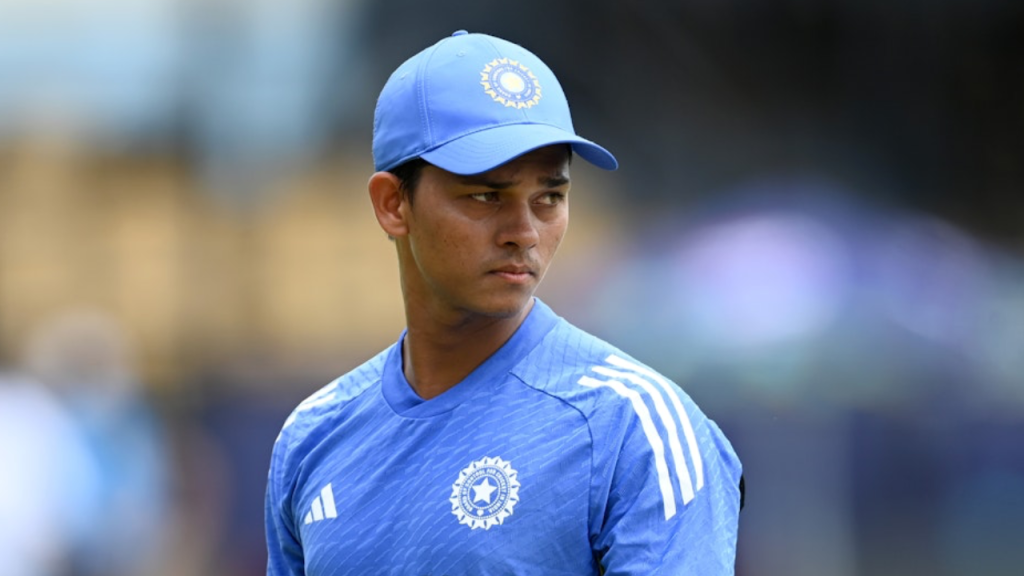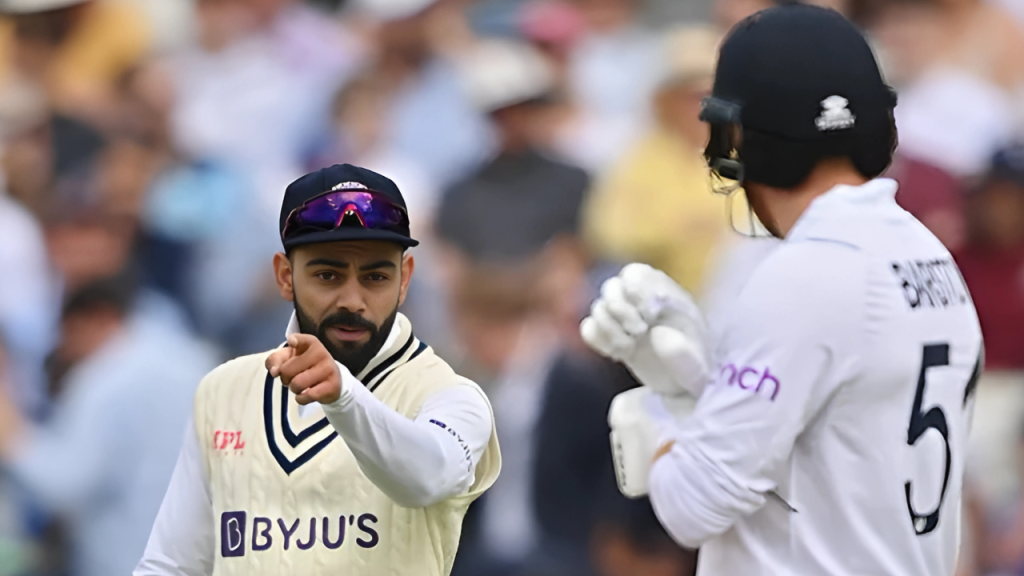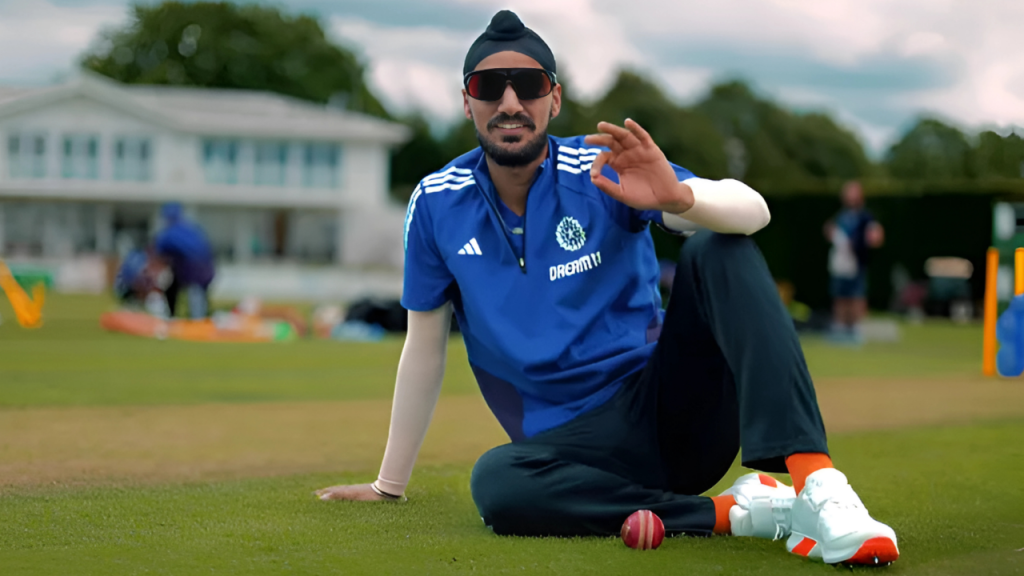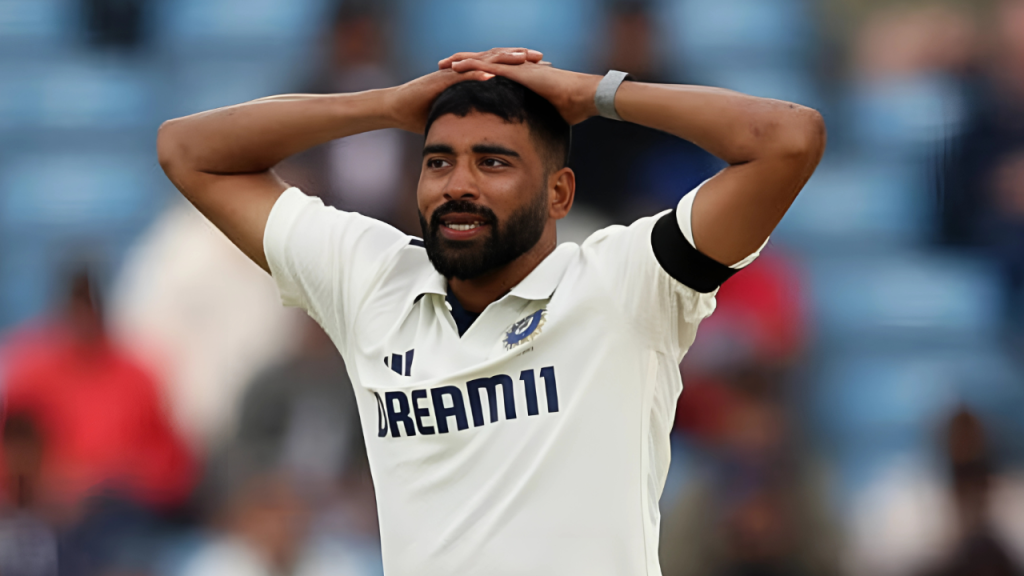In the labyrinthine corridors of Pakistan cricket, where every decision seems to echo with the weight of unseen hands, former cricketer Basit Ali has thrown open the curtains to reveal what he claims is the puppeteering of a “don” controlling the strings. Ali’s revelations, coming at a time when Pakistan cricket faces scrutiny for its performance and governance, paint a picture of an establishment where power dynamics are as complex as the game itself.
Basit Ali, known for his candidness, has not shied away from naming names or hinting at the shadowy figures he believes are orchestrating the cricketing decisions in Pakistan. “There is a don of Pakistan cricket who is making all the decisions. You will not be able to tell who it is. I’ve spent two-three years in a lot of trouble. I’ve read all the faces, who is who, what he says and what he does from behind. All those faces were exposed in front of me. He did a lot of politics with me,” Ali stated, shedding light on the internal politics that he alleges have plagued his career and possibly the careers of many others.
The intrigue deepens with Ali’s mention of Aaqib Javed, a former cricketer turned selector, being eyed for the role of head coach. “The don of Pakistan cricket has said that Aaqib Javed should be made the head coach. It will be a foolish decision if Aaqib takes up the offer. Chocolaty miyan, I am telling you that it will be a foolish decision. If you want to be the head coach, then resign from the selection committee, otherwise, you will get trapped and it will be tata-tata bye-bye after the Champions Trophy,” Ali warned, suggesting a precarious position for anyone stepping into the coaching role under the current regime.
Ali’s allegations don’t stop at the cricketing fraternity alone. He extends his critique to the very top of the Pakistan Cricket Board (PCB), claiming that even the PCB chairman, Mohsin Naqvi, is not the ultimate decision-maker. “I know the Badshah salamat very well. He is not alone. He has placed his pawns everywhere in the PCB and even at the government level. Mohsin Naqvi is not the badshah salamat. He is given advice and just asked to sign,” Ali remarked, painting a picture of a chess game where the king’s moves are dictated by an unseen hand.
This comes at a time when Pakistan’s cricket team has just faced a 3-0 defeat in a T20 series against Australia, adding fuel to the fire of criticism regarding the team’s management and strategy. Ali’s statements, while controversial, resonate with a segment of cricket enthusiasts and former players who have long suspected that the governance of Pakistan cricket might be more about power plays than about nurturing talent or winning matches.
“The seat of the head coach is not good for Aaqib Javed. I believe that a fast bowler cannot be a good coach or captain. Pat Cummins is the only exception. Apart from him, you see, Imran Khan and Kapil Dev were all all-rounders.”
Basit Ali’s bold statements, if proven true, could lead to a significant overhaul in how Pakistan cricket is perceived and managed. They challenge the status quo, urging for transparency and accountability in an arena where the sport’s integrity should be paramount. Whether these allegations will lead to concrete actions or remain as mere ripples in the vast ocean of cricket politics remains to be seen. However, Ali’s words have certainly ignited a conversation that might just be the catalyst for change, or at least, a deeper introspection within the Pakistan cricket establishment. As the cricketing world watches, one thing is clear: the game in Pakistan is not just played on the field but in the shadows of its corridors of power.





